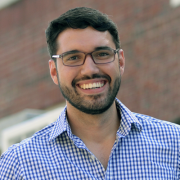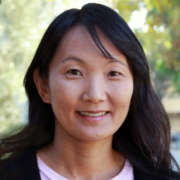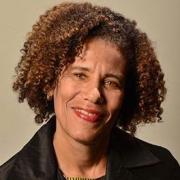Research Updates
Updated January 2025
This study explored the role of leaders and organizations in Black and Latinx communities in combating vaccine hesitancy and increasing vaccination rates among ethnic minorities. We learned that leaders and organizations were able to overcome barriers to getting community members vaccinated by building ongoing relationships with them, providing educational campaigns regarding the virus, providing support and access to COVID-19 vaccinations in their communities, and providing material resources such as food to support individuals and families in addition to health services. The findings can be used to create future campaigns promoting COVID-19 boosters and other immunizations, including annual flu shots.
Proposed Research and Background
Over three years into the ongoing COVID-19 pandemic, it has become common knowledge that Black, Latinx, and other racial/ethnic minority communities have been more impacted by sickness and death from COVID-19, compared to White populations. These disparities have been mainly attributed to distrust of the vaccine. Most studies look to the historical reasons for medical mistrust among African American populations and barriers to accessing vaccines today. However, there has been a rapid increase in acceptance of vaccines among Black and Latinx populations since 2020, though few studies focus on these trends.
To learn more about this gap in knowledge, we are exploring the role of local leaders and organizations in responding to the COVID-19 crisis in Black and Latinx communities. We are examining how they framed and interpreted the pandemic to community members; types of messaging and educational strategies they used to promote COVID-19 testing, vaccination, and behaviors to reduce infections; outreach strategies they used to overcome neighborhood and economic barriers to COVID-19 services; and the general role of these leaders and groups in communities and their relationships to healthcare institutions.
To accomplish these goals, we will interview leaders of community-based organizations successfully providing COVID-19 testing and vaccination services to Black, Latinx, and other marginalized populations from three regions in California (SF Bay Area, Los Angeles Area, Inland Empire). We will analyze the interviews to find major themes discussed by leaders. If successful, we believe this study will allow us to create model approaches for improving vaccine acceptance among adults and children who have been hesitant to become vaccinated using current vaccines. The results of the study will also be useful for future public health campaigns to promote acceptance of other vaccines as well as to strengthen community ties to public health and medical services.
Collaborators
- UC Inland Empire United Education Fund
- Alameda County Health Care Services Agency
- County of Los Angeles Public Health







